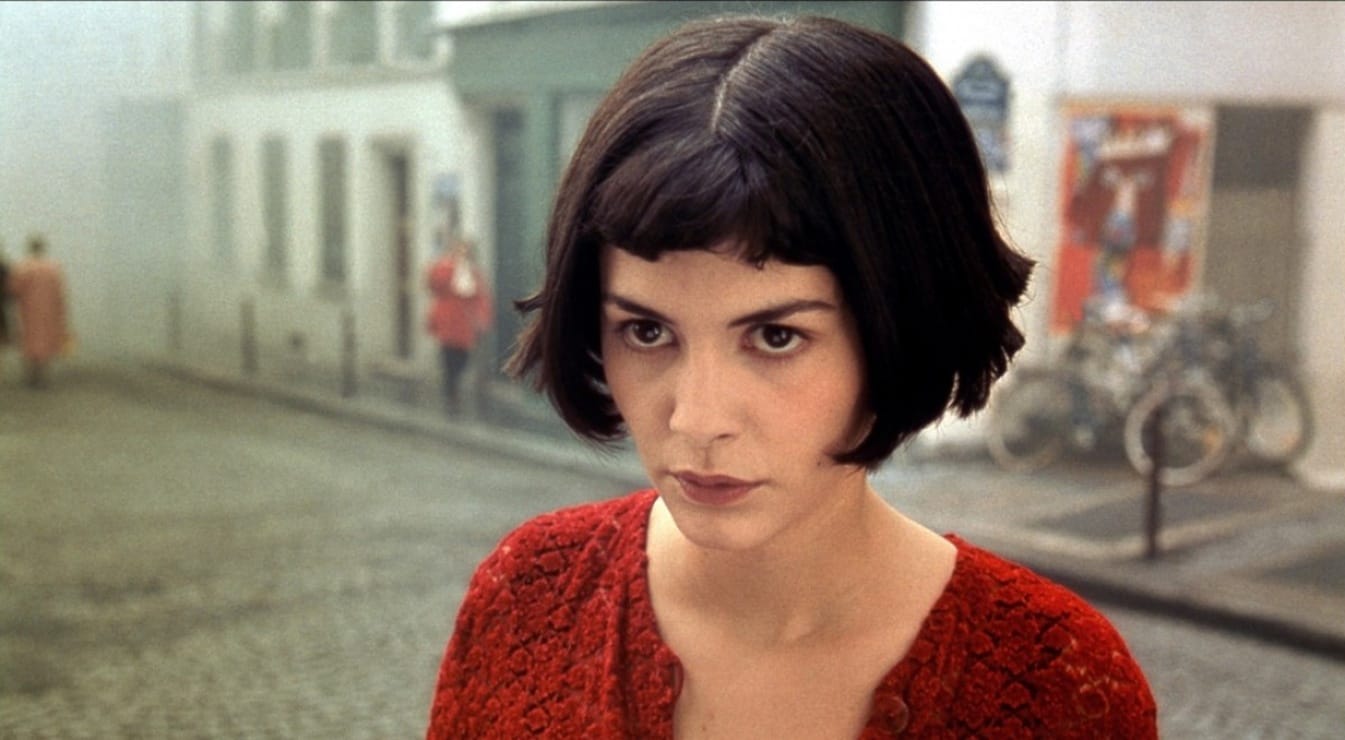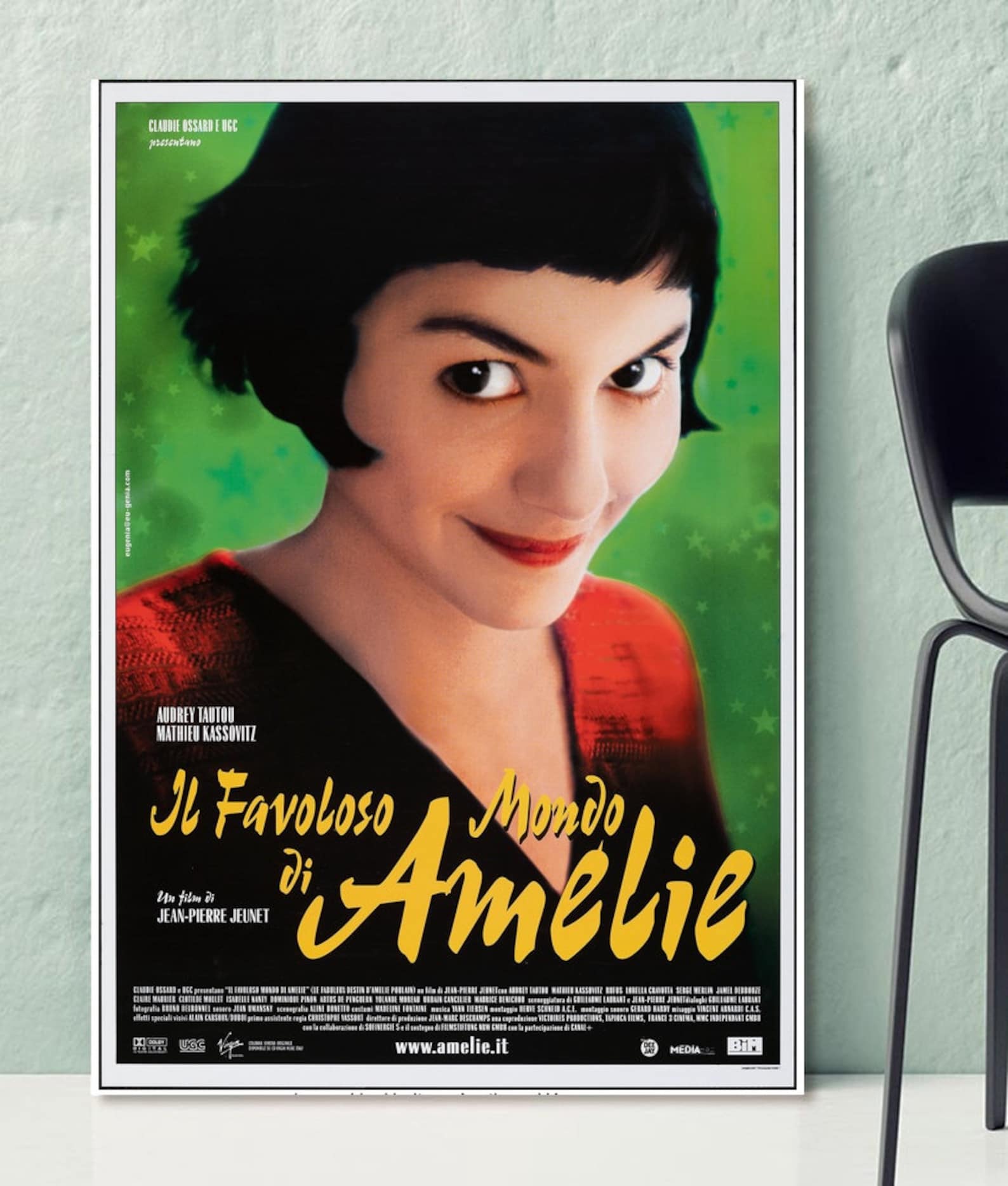

And she persuades the hypochondriac cashier (Isabelle Nanty) at the cafe to take notice of the regular (Jeunet favorite Dominique Pinon) who always sits across from her station. And so, she returns those childhood trinkets to the middle-aged man. Raised as an only child whose sole friend is a “suicidal fish” that leaps out of its bowl, Amélie grows into a passive, self-effacing adult who comes to realize that she can shape the destinies of those around her without making herself visible. To a degree, Jeunet’s Paris doesn’t need Amélie to syncopate to a pleasing rhythm, as he delights in the random, unrelated events around the fertilization that led to her birth nine months later. Amélie may have a more delicate touch and a timidness that relegates her to the sidelines of her own life, but the film celebrates a quirkiness that’s millimeters away from derangement, as she makes elaborate interventions on people’s lives and teases the man she desires with Rube Goldberg contraptions that don’t pay off until she’s ready. Among the details in the restraining order against this man is that he’d stalked a woman for two months, spied on her and tapped her phone, and “tricked her into boarding Caribbean-bound jets”. There’s quite literally not a hair out of place in Amélie – Audrey Tautou’s immaculate bob is the greatest achievement in French hairdressing since Anna Karina’s bangs in Vivre Sa Vie – but the cold order of the film should not be mistaken for swooning romanticism.Īmélie also recalls a classic Onion headline that predates it by two years: Romantic-Comedy Behavior Gets Real-Life Man Arrested.
-screenshot.jpg)
The medium was entering an era of extreme plasticity, where the world could be bended and refined down to the pixel, and engineered to achieve moments of pristine, storyboarded flawlessness. Yet 20 years later, Amélie does feel like an important shift in film-making style, a natural bookend to Moulin Rouge earlier in the year. That “strange feeling of absolute harmony” is the metronomic ticking that Jeunet manufactures here – satisfying perhaps, but in no way romantic. There’s a mechanical quality to the film that’s completely at odds with the spontaneity and surprise of authentic passion. It’s really a film about perfection, a fantasy about how a messy world can, through force of will and timing and deftness of touch, be harmonized down to the second.

And Amélie is not really a film about altruism, either, given how much time she spends tormenting the nasty greengrocer (Urbain Cancelier) who abuses his sweet, simple-minded assistant (Jamel Debbouze). A surge of love, an urge to help mankind overcomes her.”Īmélie is not really a film about love, as much as its heroine does to manufacture it for others - and finally, winsomely, for herself. A soft light, a scent in the air, the quiet murmur of the city. As she glides blissfully through the frame, the narrator says, “Amélie has a strange feeling of absolute harmony.


 0 kommentar(er)
0 kommentar(er)
